Most strands of feminism uphold, in varying degrees, the modernist dichotomy between nature and culture. Simone de Beauvoir, in her book Second Sex, points out that this distinction equates women with nature (characterized by their biological composition) and men with culture (characterized by their ‘risk-taking’ behaviour). Liberal and Marxist feminists argue that the traditional notion of a connection between women and nature is a relic of patriarchy an instrument of oppression which should be allowed to wither away. For them, ecofeminism smacks of essentialism (biological determinism).
Despite such criticism, one needs to acknowledge the fact that exploring ecofeminist arguments rising from a material base (social, historical, dialectical) creates support in favour of alternative development models as opposed to market-oriented capitalist ones. Poor women often find a potential for liberation within such models. It also provides a better understanding of movements like the Narmada Bachao Andolan, opposition to SEZ etc. which strongly emphasise on women in the third world, their concern for food security and as such their vested interest in the preservation of ecological bases for the survival of their communities. Concepts like ‘decentralised communities’, ‘subsistence production’ etc. need to be understood against a theoretical background which justifies the need to start thinking about alternative development models.
The book aims at an introduction to the discourse of ecofeminism as a perspective from which to understand the world around us, where women’s concerns of reproduction and subsistence are placed at the centre stage of the human activities.

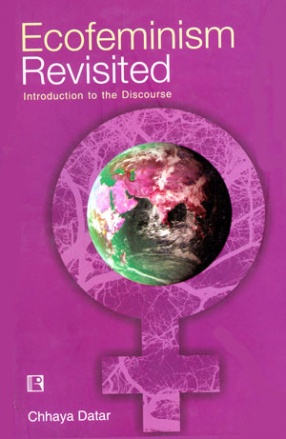
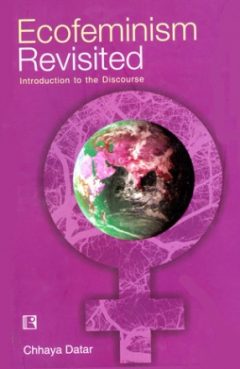
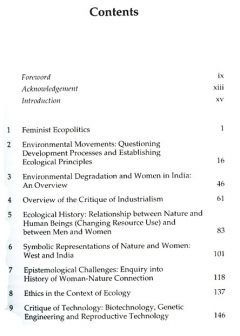
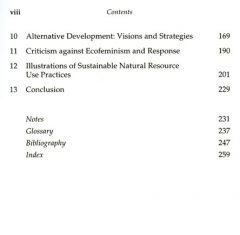
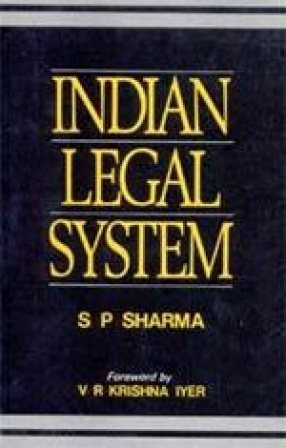
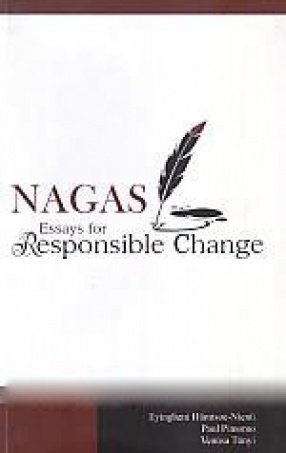
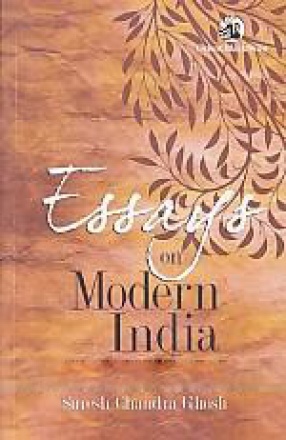
There are no reviews yet.